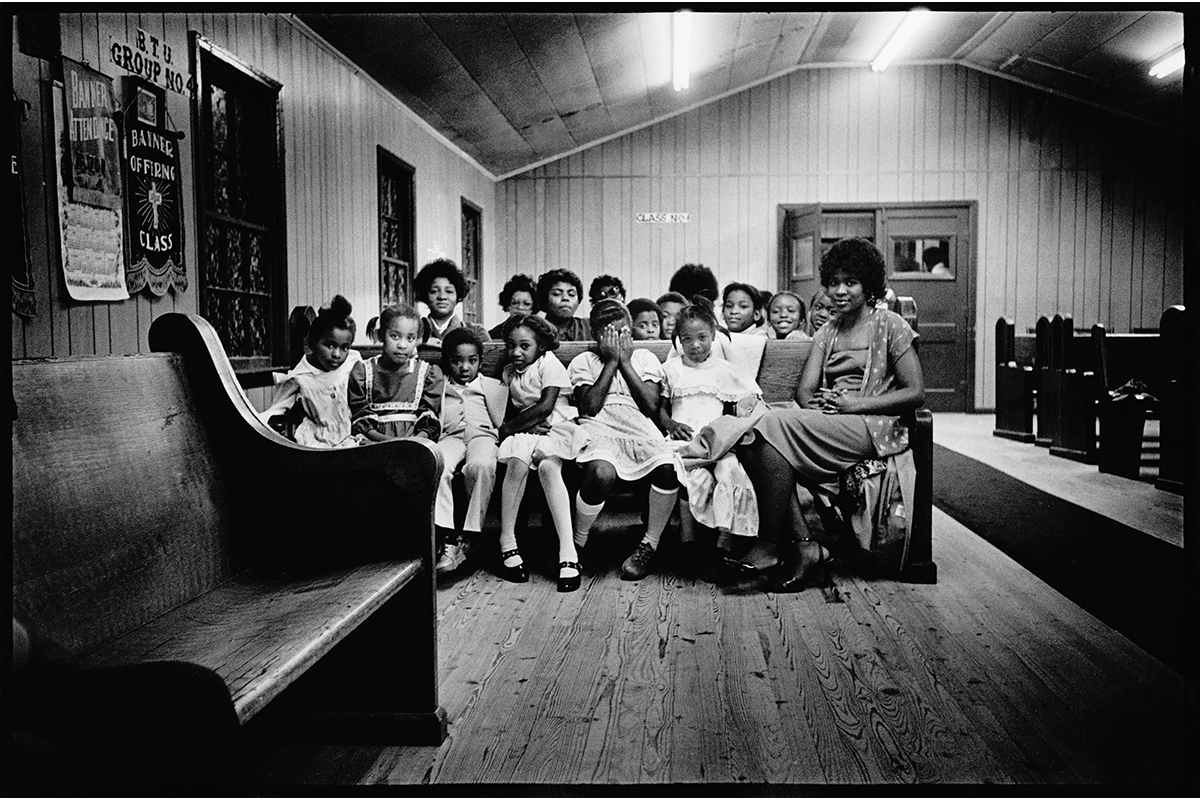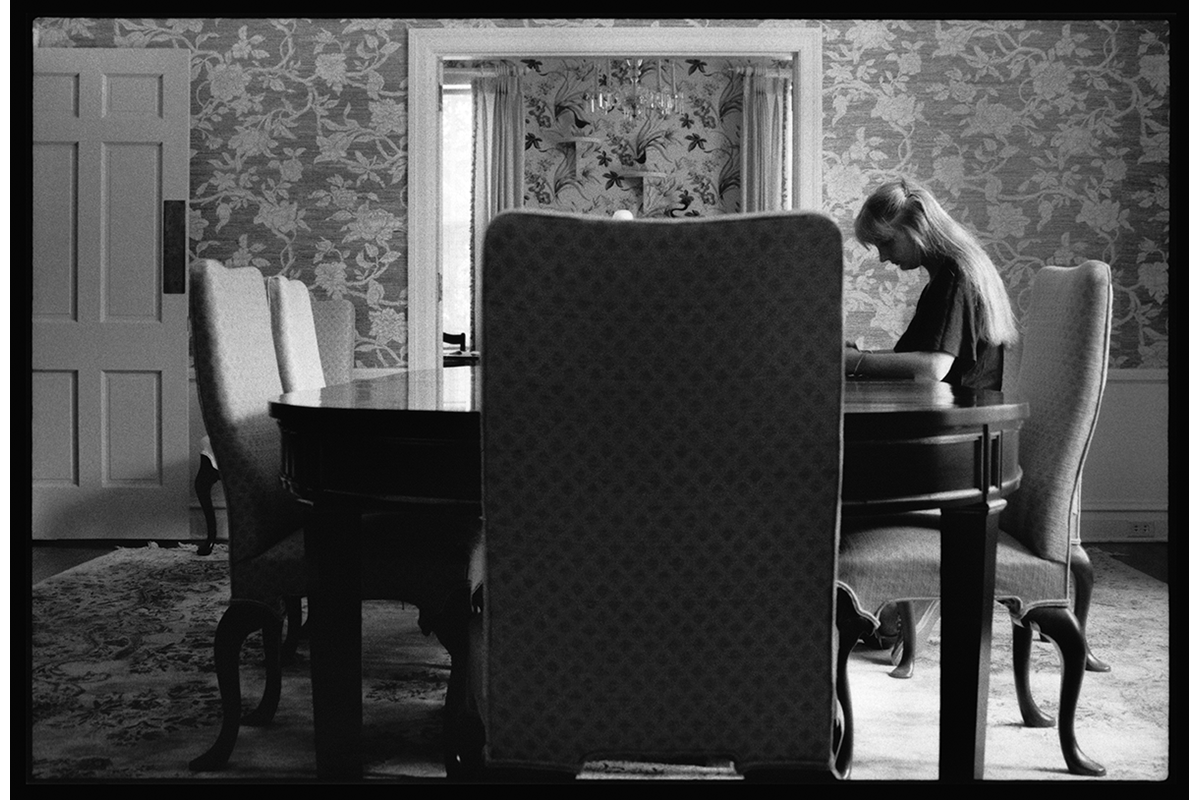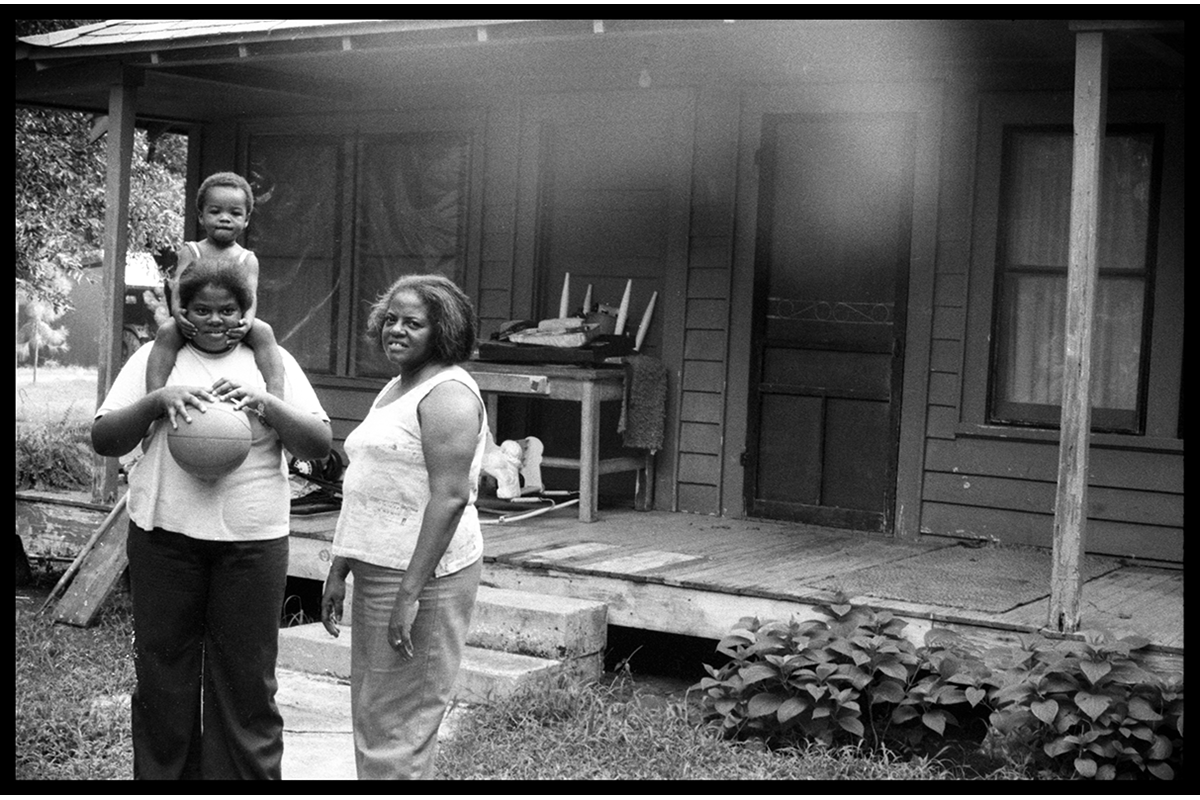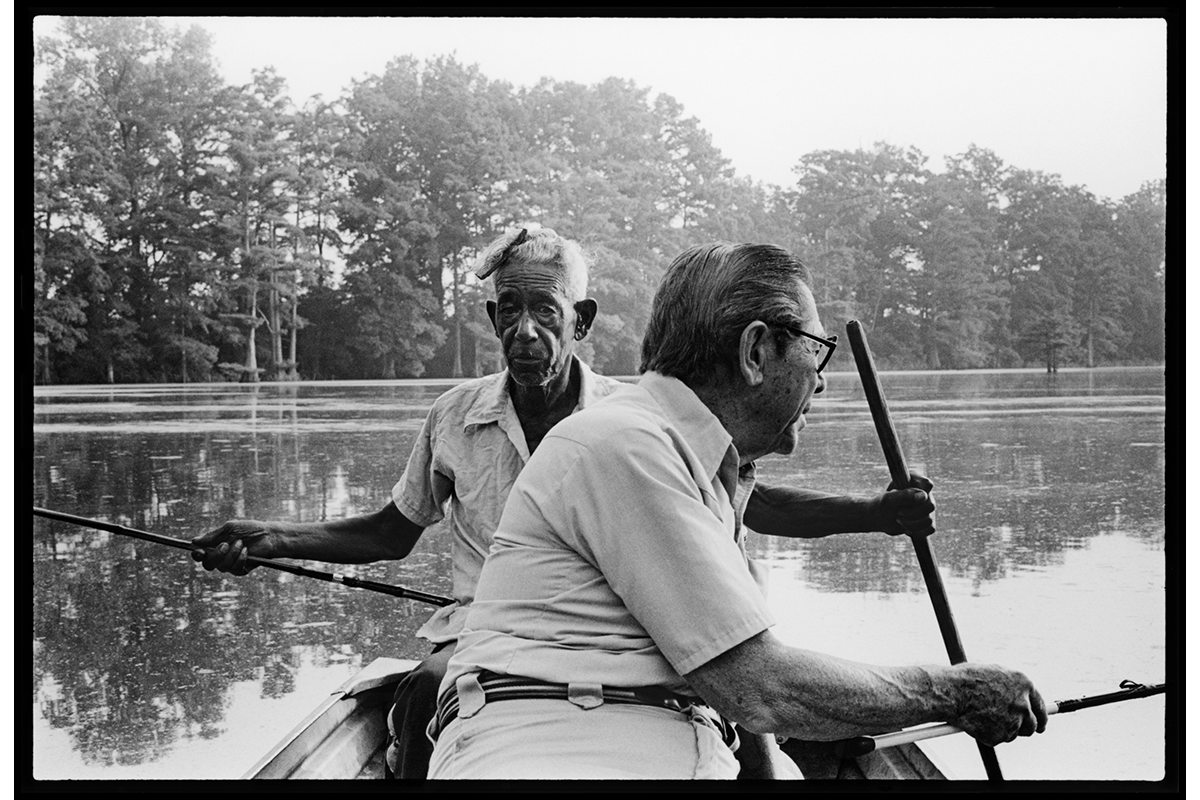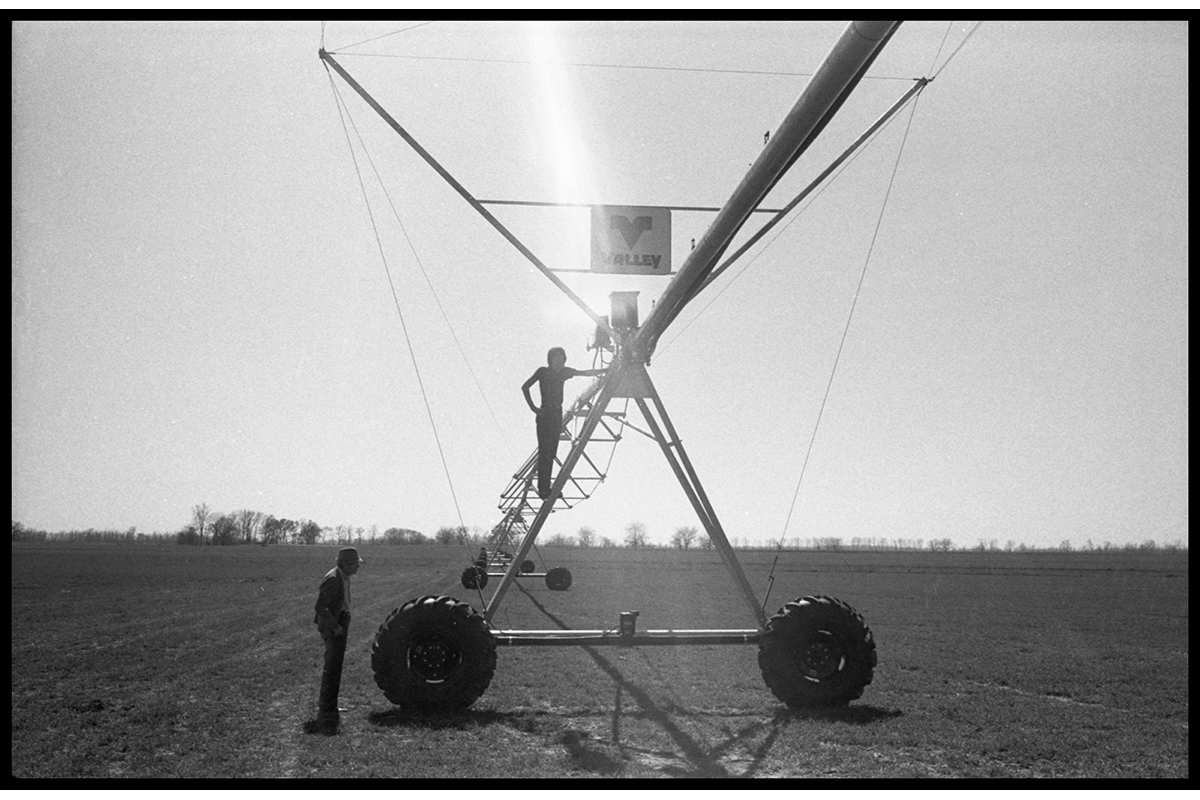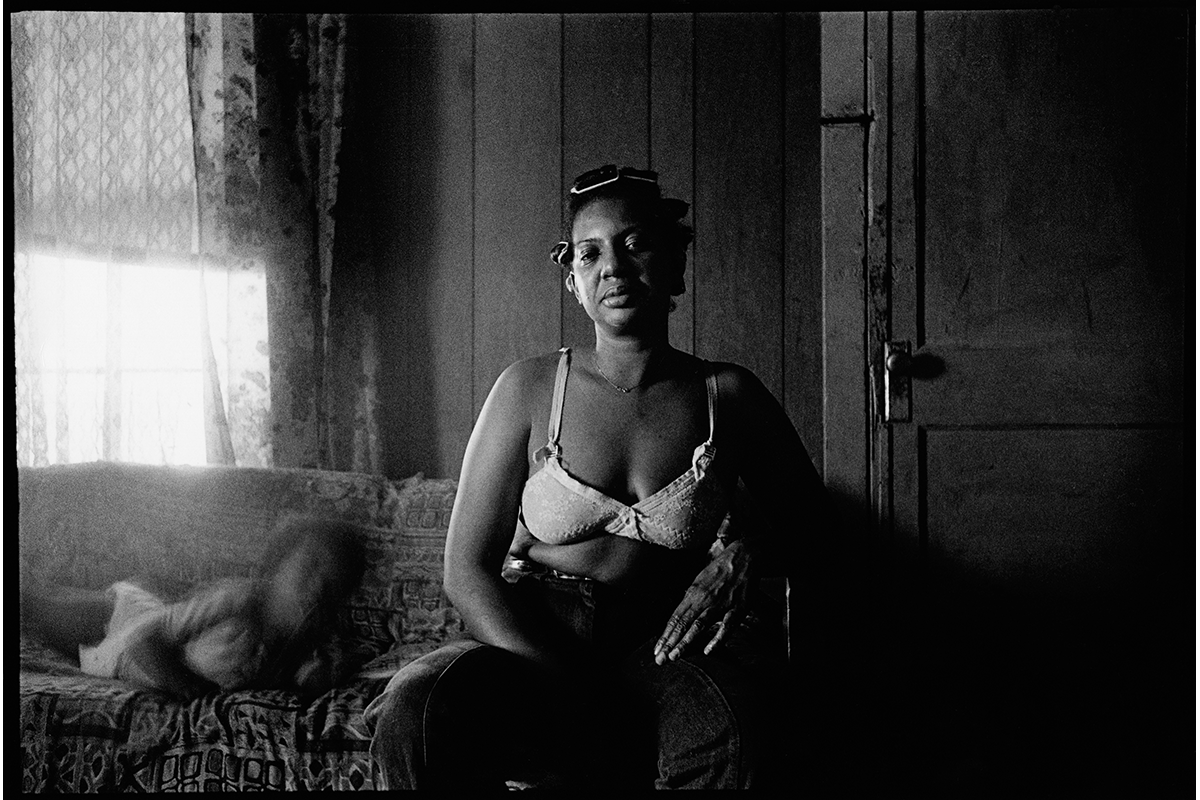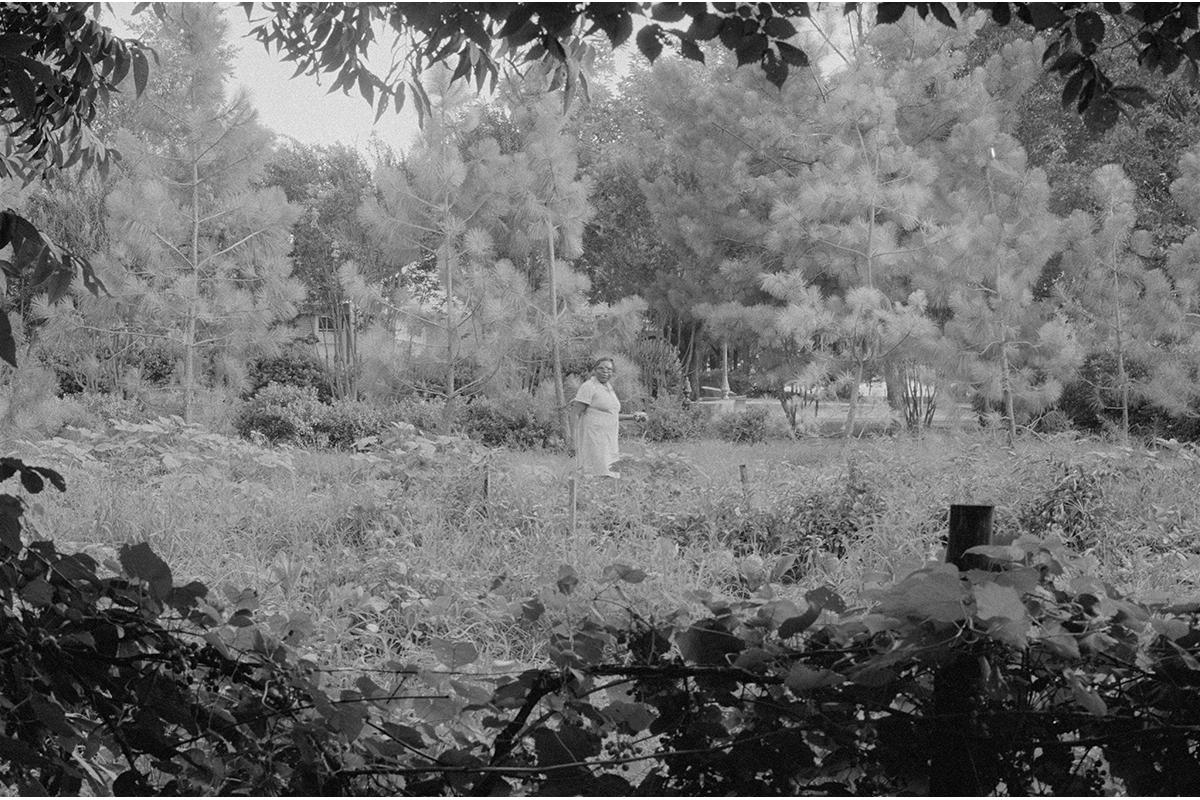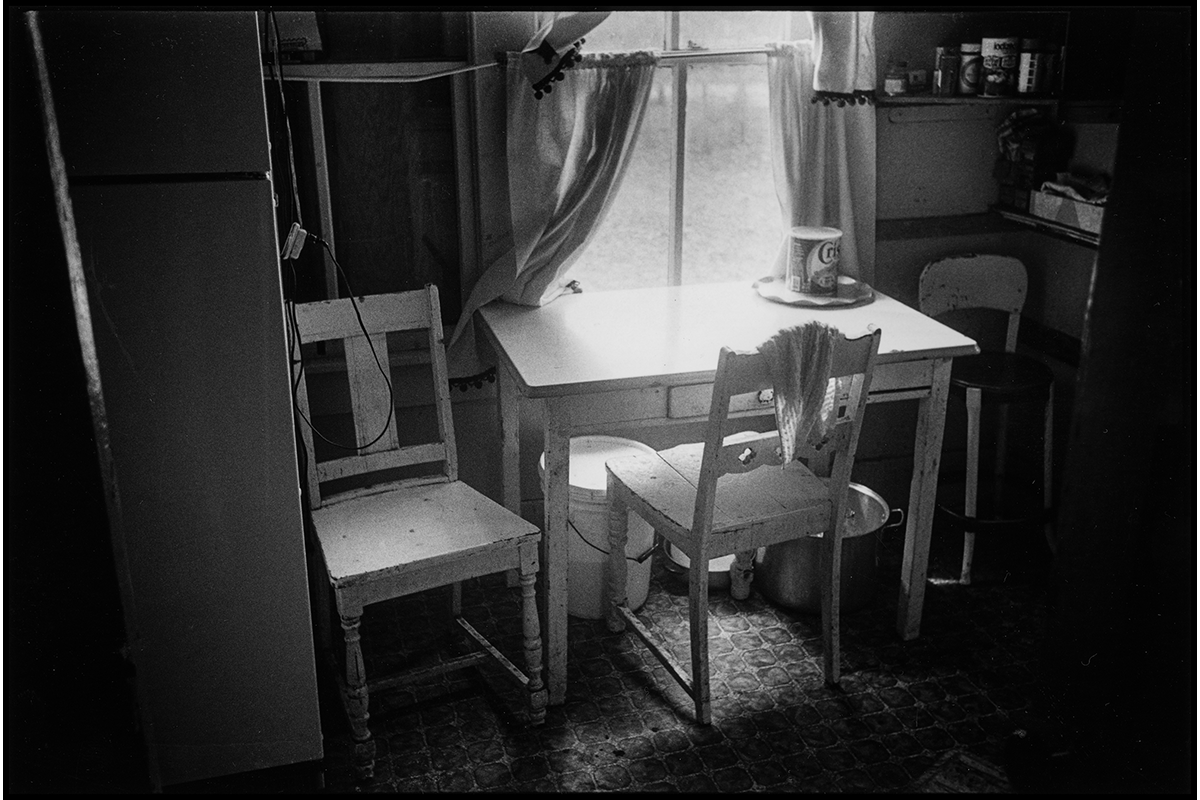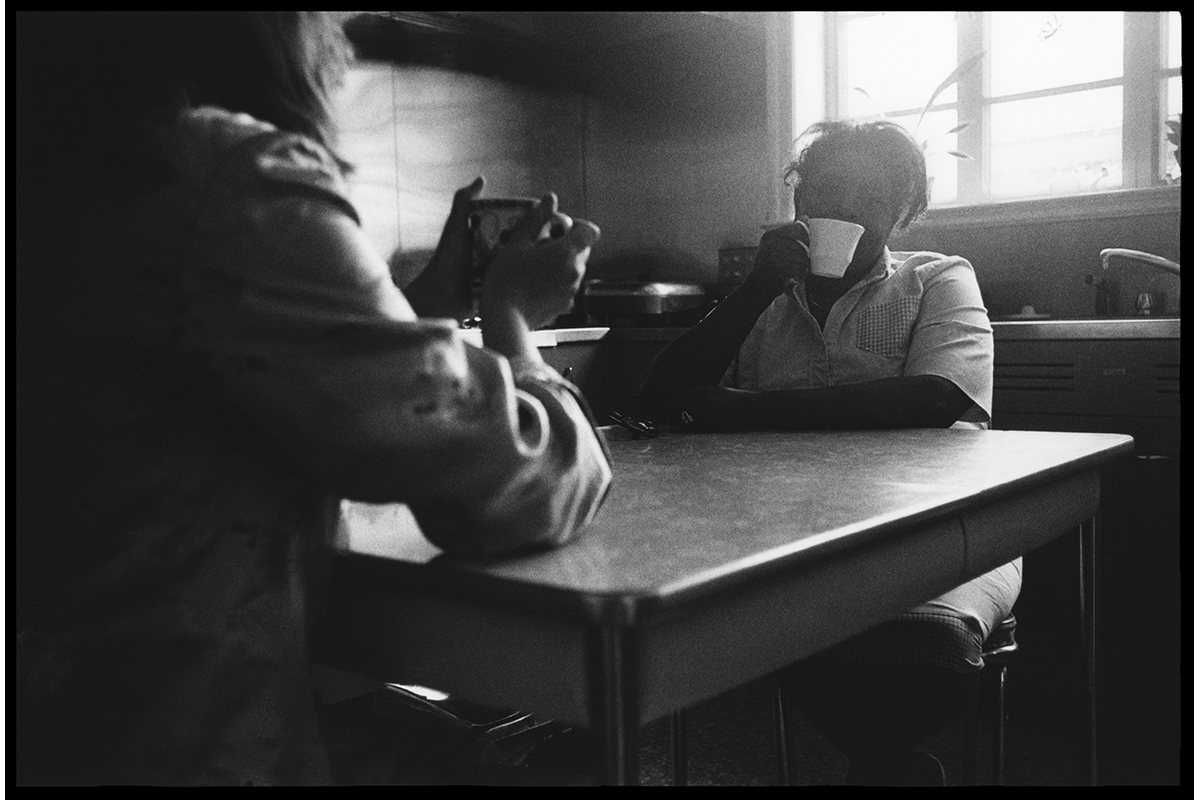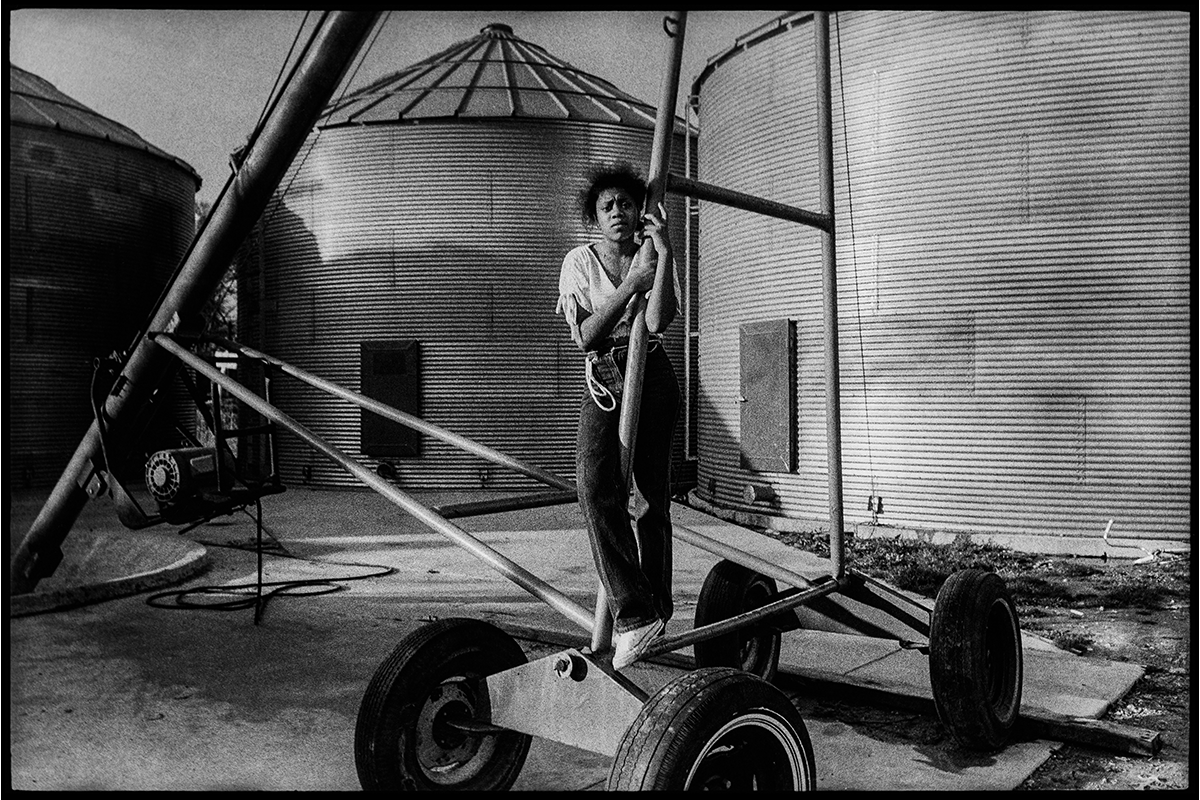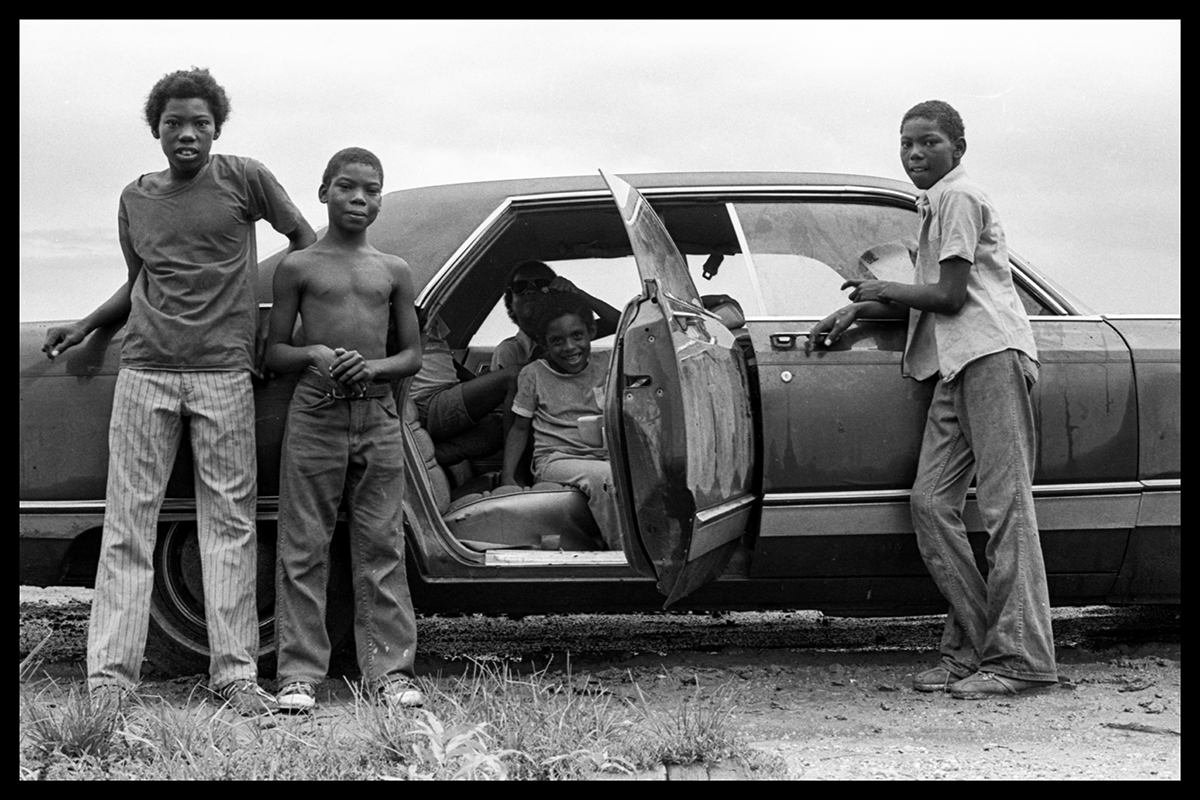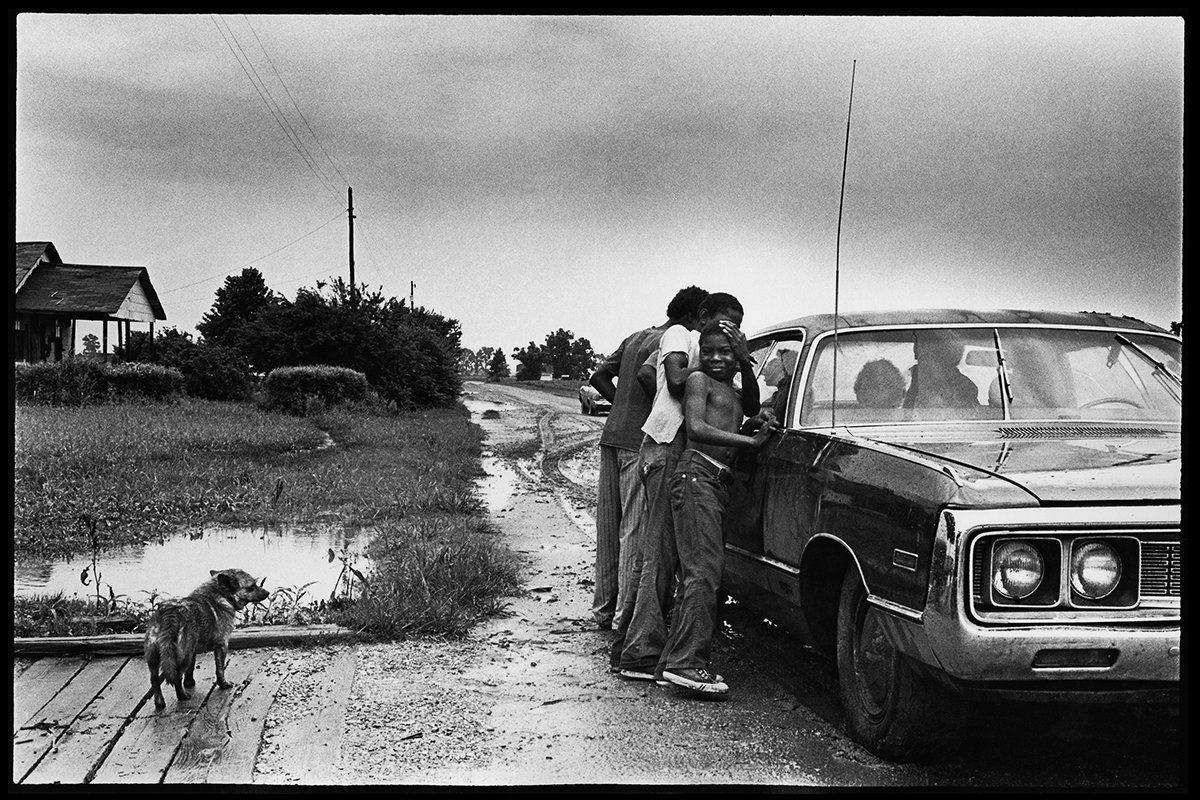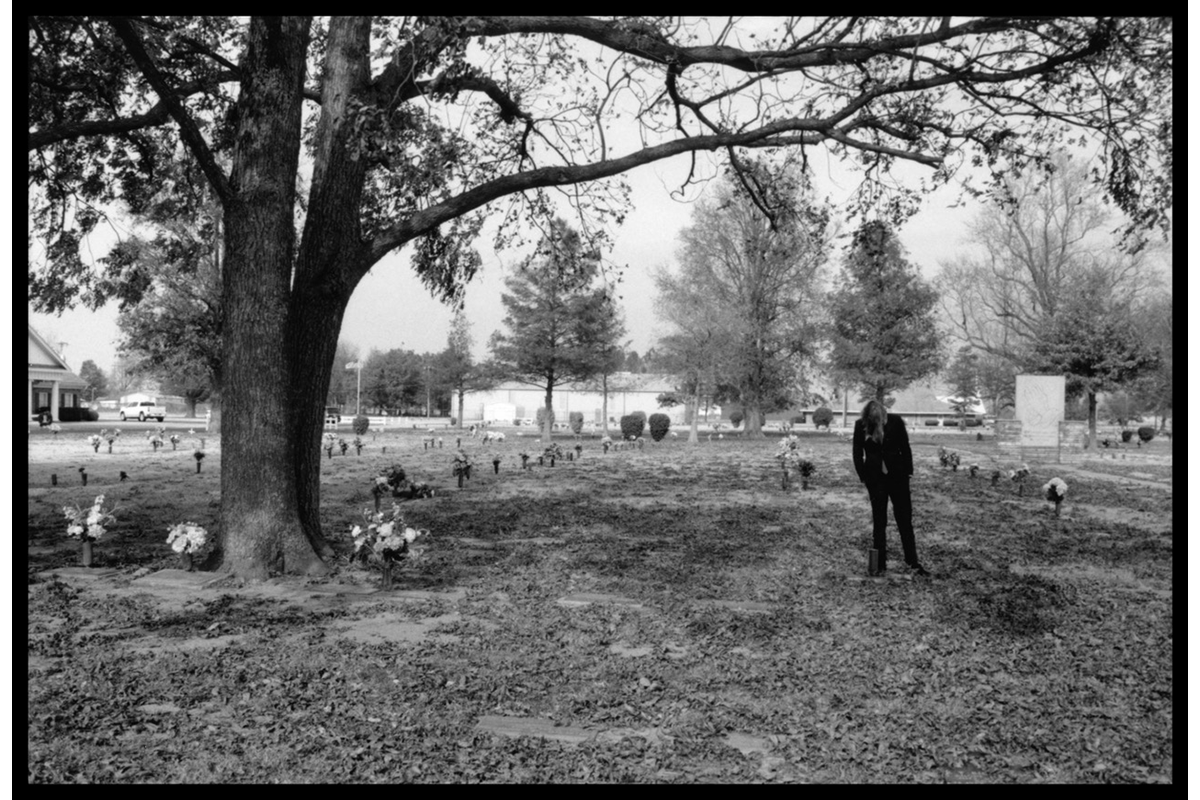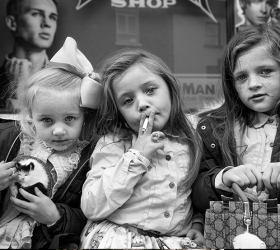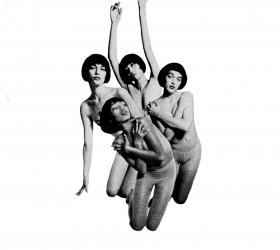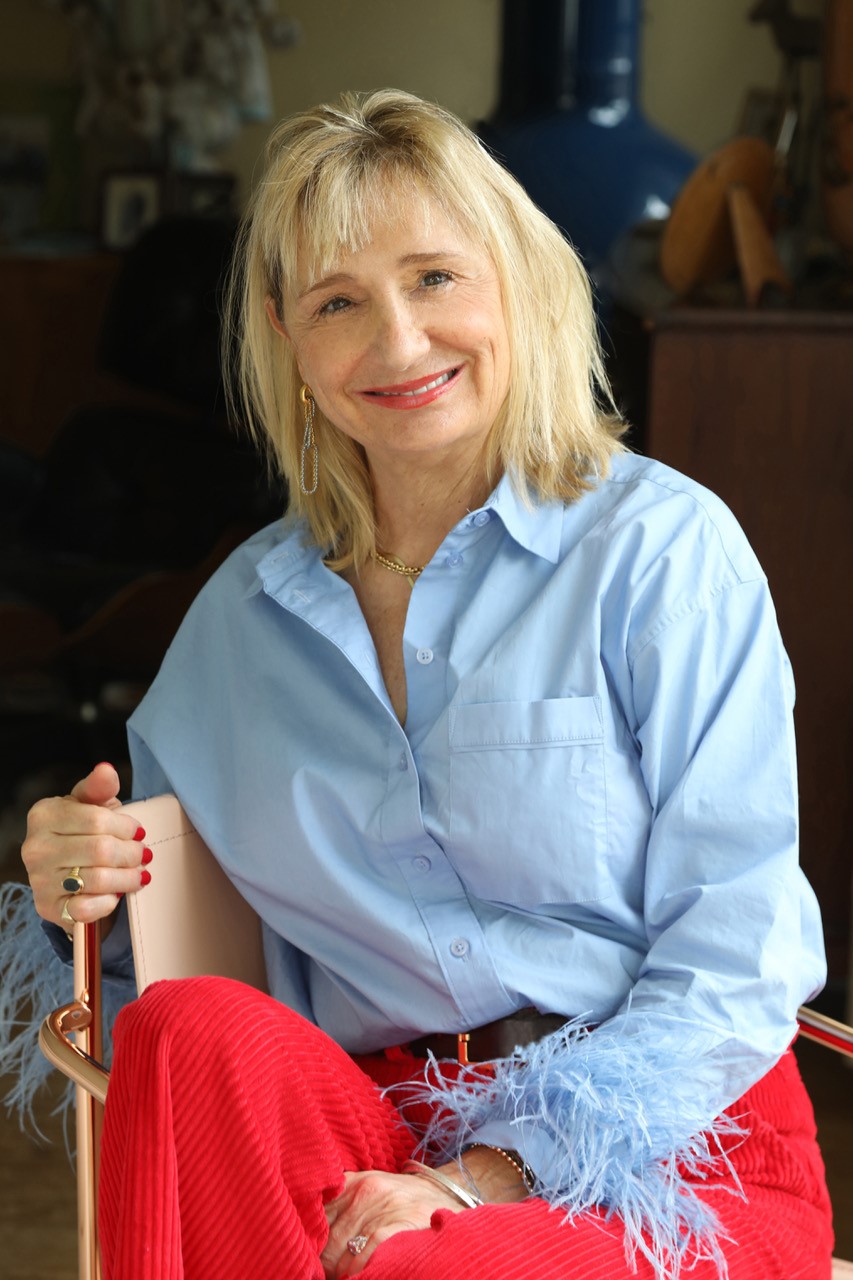
I began documenting life on my grandparents’cotton farm in 1978 when I was twenty-one. After forty years, I have come to realize all my photographs taken here are explorations of home,an idea that remains firmly rooted in the Arkansas land and people. I’ve also come to realize that the place I call home is not perfect.
Rotan Switch takes its name from the community’s central landmark -the railroad switch where farmers loaded their cotton bales onto trains headed out of the Delta. Although it hasn’t been used in years, it remains a potent symbol of the complex intersections of industry and agriculture, of race and injustice.
I realize the photographs are complicated when seen in the contextof the socioeconomic structures of the rural South. Although the subjects are family to me, as a white photographer and the granddaughter of a farm owner, my photographs of the Black community implicate my own role in reinforcing these power structures.
Rotan Switch tells the story of the Arkansas Delta’s culture through the lens of personal experience. It seeksto paint a fuller picture of a place with a complicated history that cannot be left unacknowledged if the project hopes to create a genuine empathetic encounter between the viewer and the subjects.

